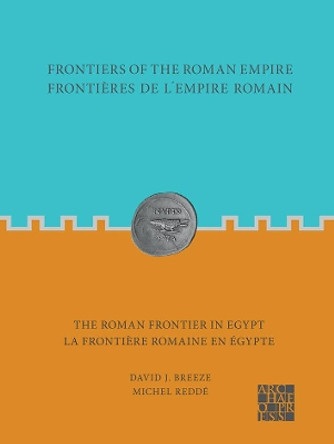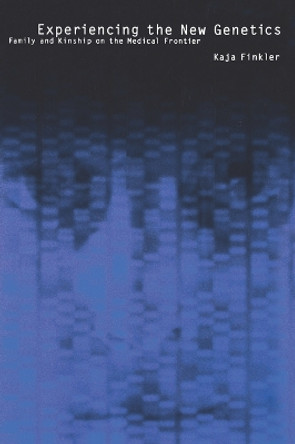Experiencing the Frontier and the Frontier of Experience deals with the Roman Empire's responses to the threats which were caused by the new geostrategic situation brought on by the crisis of the 3rd century AD, induced by the 'barbarians' who - often already part of Roman military structures as mercenaries and auxiliaries - became a veritable menace for the Empire. Rome adopted different strategies: they oscillated between inclusion, warfare and other means of exerting influence. The contributions to this volume explore the archaeological evidence for Roman practice and especially the varying strategies of power and influence in the central regions on the one hand, and the south-eastern parts of the European 'Barbaricum' on the other. They show how 'Divide et impera' functioned as practical policy based on alliances, as well as consequent warfare, and diplomatic initiatives, which are traceable by prestige-goods and
subsidia treasures found in the Barbaricum. The comparison of Roman imports in different parts of Iron-Age Europe can help understand better a complex process of shifting power and influence in an emerging new Europe, which transformed the Empire towards medieval 'Herrschaft' and social structure.
About the AuthorAlexander Rubel holds a PhD in Ancient history and a second one in German literature. He was appointed a senior research fellow at the Archaeological Institute of the Romanian Academy and associated professor at Cuza University in Iasi. Since 2011 he has been the director of the Institute of Archaeology in Iasi. ;
Hans-Ulrich Voss (Voss) is a Scientific Assistant at the Romano-Germanic Commission (RGK) of the German Archaeological Institut (DAI) at Frankfurt am Main.
Book InformationISBN 9781789696813
Author Alexander RubelFormat Paperback
Page Count 244
Imprint ArchaeopressPublisher Archaeopress
Weight(grams) 875g







